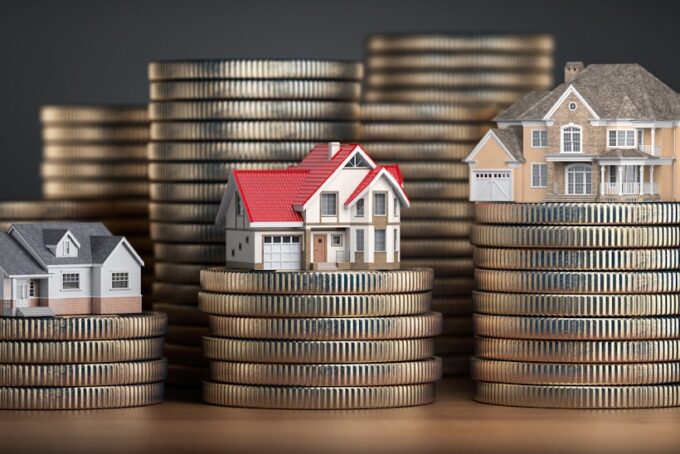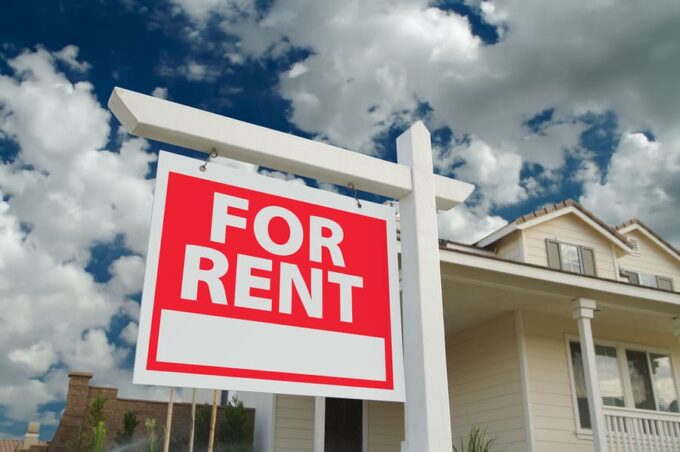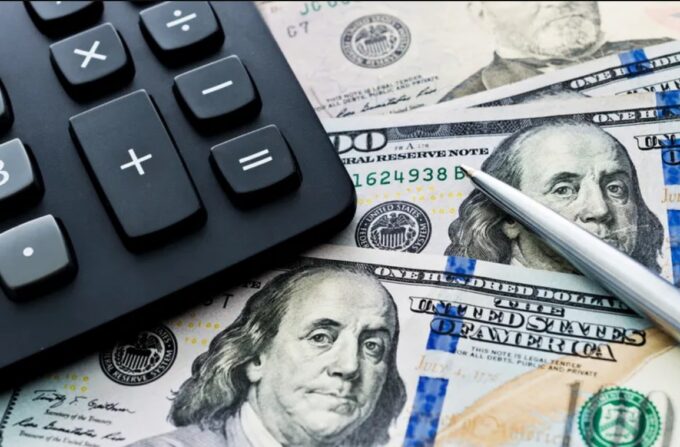For properties around New York that do not fit the traditional criteria of banks, NYC hard money loans may be able to save the day. One of a real estate investor’s greatest resources is to have a good lender. However, some deals do not fit the traditional lenders’ criteria. Finding alternative types of loans is crucial to continue to finance the property.
Here’s a thorough explanation of NYC hard money loans. One must have a thorough understanding of NYC hard money loads are. Before saying yes to this financing option to finance real estate purchases, they must be understood in-depth for more click here.
What are NYC Hard Money Loans?

A type of real estate loan, an NYC hard money loan is issued by private lenders to non-owners of an occupied property. NYC hard money loans are commonly short-term. They last between 6 to 36 months. Compare to traditional bank loans, NYC hard money loans have higher interest rates.
Approved based on the value of the real estate property, an NYC hard money loan dwells less on the creditworthiness of the borrower. NYC hard money loans have a remarkably fast approval time when deals are closed within 2 to 4 weeks; these loans are often used and preferred by many.
What Differs Between NYC Hard Money Loans and Bank Loans?
The major difference between an NYC hard money loan and a common bank loan is the lender itself. New York private lenders – individuals and private lending companies alike – almost always hand out NYC hard money loans.
Unlike consumer mortgages, these NYC hard money loans are not regulated as these loans are typically used by non-owners of occupied real estate properties. Indicatively, hard money loans can be charged with higher interest rates and fees. Hard money lenders may even come up with terms that traditional loads wouldn’t allow.
There are still regulations that conventional financial firms have to follow although the Truth in Lending Act or TILA and the Real Estate Settlement Procedures Act or RESPA does not apply to all commercial mortgage deals. The Federal Deposit Insurance Corporation (FDIC) and the National Credit Administration (NCUA) regulate federal insured banks and credit unions respectively. NYC hard money lenders do not go by any regulations.
What Types of Real Estate Can NYC Hard Money Loans Finance?

Although hard money lenders can loan on a wide variety of non-owner occupied real estate, NYC hard money loans are usually granted in situations with a considerably speedy exit strategy so they can be sure they’d get paid by the end of the NYC hard money loan term.
Fix and Flip Properties
NYC hard money loans are very common with fix and flip properties. Many NYC lenders will even fund the repairs. Deals of this type are ideal for NYC lenders since flips are commonly completed within 6 months. If the lender is also willing to fund the repairs, they will estimate the repair cost and will issue loans on a need-basis to pay for the current work being done.
This assures the lender that funds are used for the repairs and that their exposure is limited since they are only financing out portions per time. Almost all NYC hard money loans to finance the repairs are preferred by lenders because they know the project will be completed.
Property Rentals

Lenders will also provide short-term NYC hard money loans for residential properties with real estate investments. The aim here to pay off the NYC hard money loan is to usually refinance the real estate in 12 to 36 months. Borrowing investors may opt for NYC hard money loans for property rentals when they need to quickly close a deal and do not have time to process in the bank. A private loan is also necessary in case the rental property needs repair before bank financing approval.
Multifamily Properties
A multifamily property is a residential property with more than one unit like apartments, duplexes, and condominiums. Like in the NYC hard money loans for rental properties, investors may need to acquire capital to close on a multifamily property but lacks time to go to the bank and undergo the typical lending process.
Investors of multifamily properties with little to no occupants needing tons of repairs may find it hard to be financed by the bank so they often turn to NYC hard money loans. They can apply for a short-term to get basic work done and thereafter lease up the real estate before refinancing with a long-term NYC hard money loan.
Commercial Real Estates

Commercial real estate investors sometimes opt for NYC hard money loans when they have tenants to lease space to but they have no property to put them in. To do this, they then must look for a vacant asset that the tenants will lease out. Before they do this though, they have to first purchase the property asset and ready it for the tenants.
Banks may decline financing of a vacant property intended for use as an investment if the investor does not have the assets to pay back the loan. In these situations, NYC hard money loans are beneficial in this situation to fund the project, start the tenant improvements, and get it leased once done.
What are NYC Hard Money Loans Interests and Fees?

Due to its convenience and easy approval, it can be said that NYC hard money loans come at a cost. Higher interest rates on hard money loans are charged by lenders as they are highly risky loans and because they last for a short term.
The money capitalized in NYC hard money loans has to be reinvested once every 6 to 36 months. Loans that are for longer terms will earn interest for a couple of years since the processing of the first loan and there is an additional cost and accompanying risks every time the money is financed in loans.
Interest rates from private NYC hard money lenders start at around 7% but are more common at 10% and can even go high up like 15% or more. Fees upfront is also charged by the lender to cover processing costs and other paid commissions. Lenders also ensure that they still yield profit even if the borrower finishes paying the NYC hard money loans before the end of the deal.
What Usual Fees Do NYC Hard Money Loans Include?
- Broker fee
- Application fee
- Origination fee, which is usually 1-3%
- Processing fee
- Funding fee
- Document preparation fee
- Underwriting fee
Depending on the NYC hard money loans and lender, these fees can amount to around $3,000 to $5,000 and are often paid pronto.
What are NYC Hard Money Loans Approval Guidelines?

Lenders of NYC hard money loans do not typically follow the same underwriting procedures as banks do. They do not scrutinize the borrower’s financial capacity in most cases. The lender is also not concerned with the origin of the NYC hard money loan down payment funds.
What they look into include:
- Credit: They will do a credit check and usually look for a minimum credit score of 600 to 620. This just makes sure that the borrower is not drowning in debt.
- Property value: NYC hard money loans come at higher risks for lenders, so they look into the value of the property and the market it is in to make sure they are getting their money back.
- Exit Strategy
- Experience
- Local market
What is the Timeline for Funding NYC Hard Money Loans?
Borrowers are drawn to NYC hard money loans because it takes a shorter amount of time to fund them. NYC hard money loans can be approved as early within usually 48 hours. A small group of investors make up a lot of private NYC hard money loans lender and have a limited heap of cash available so the investors need to approve the deal after the loan officer has done underwriting.









